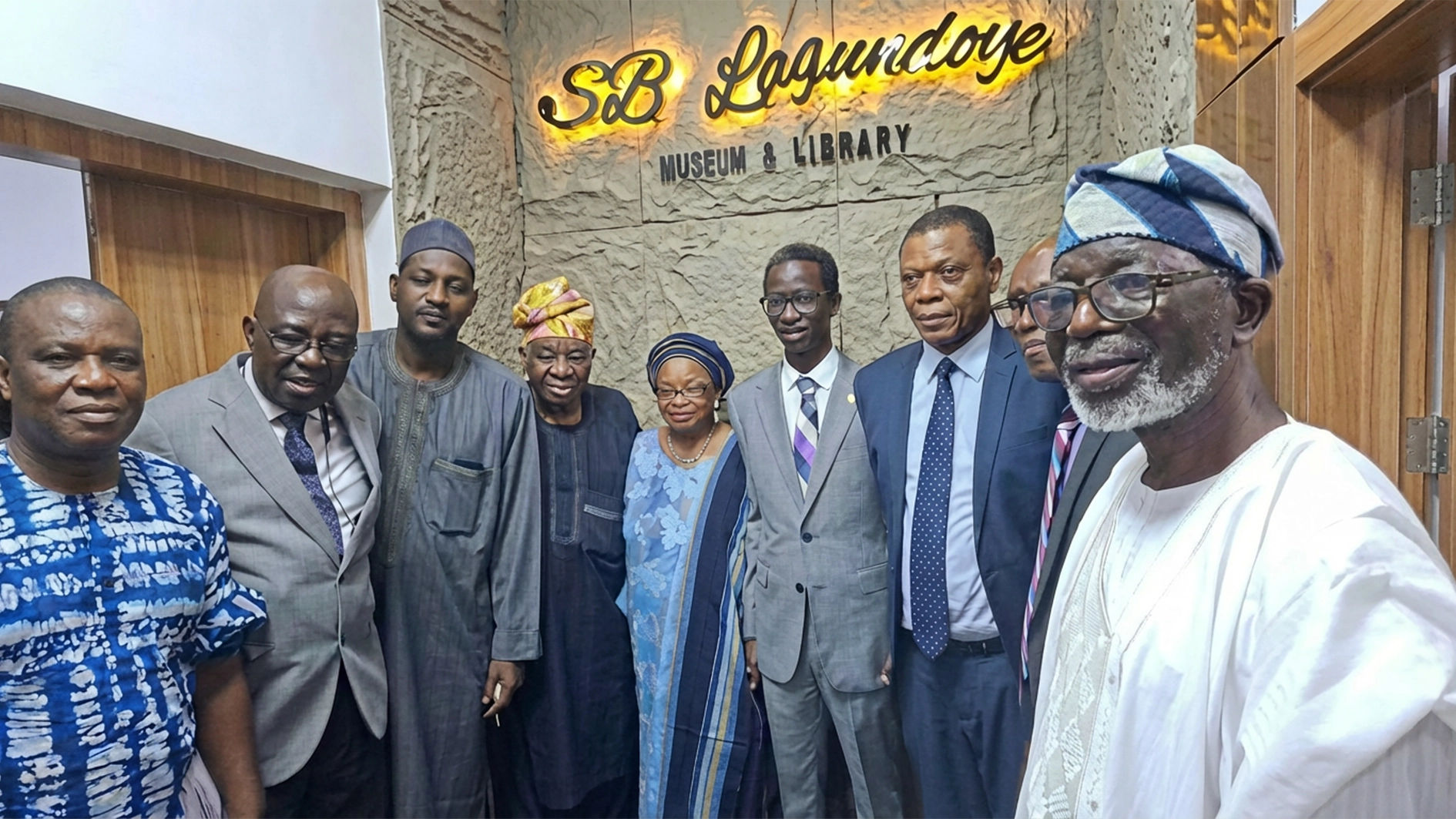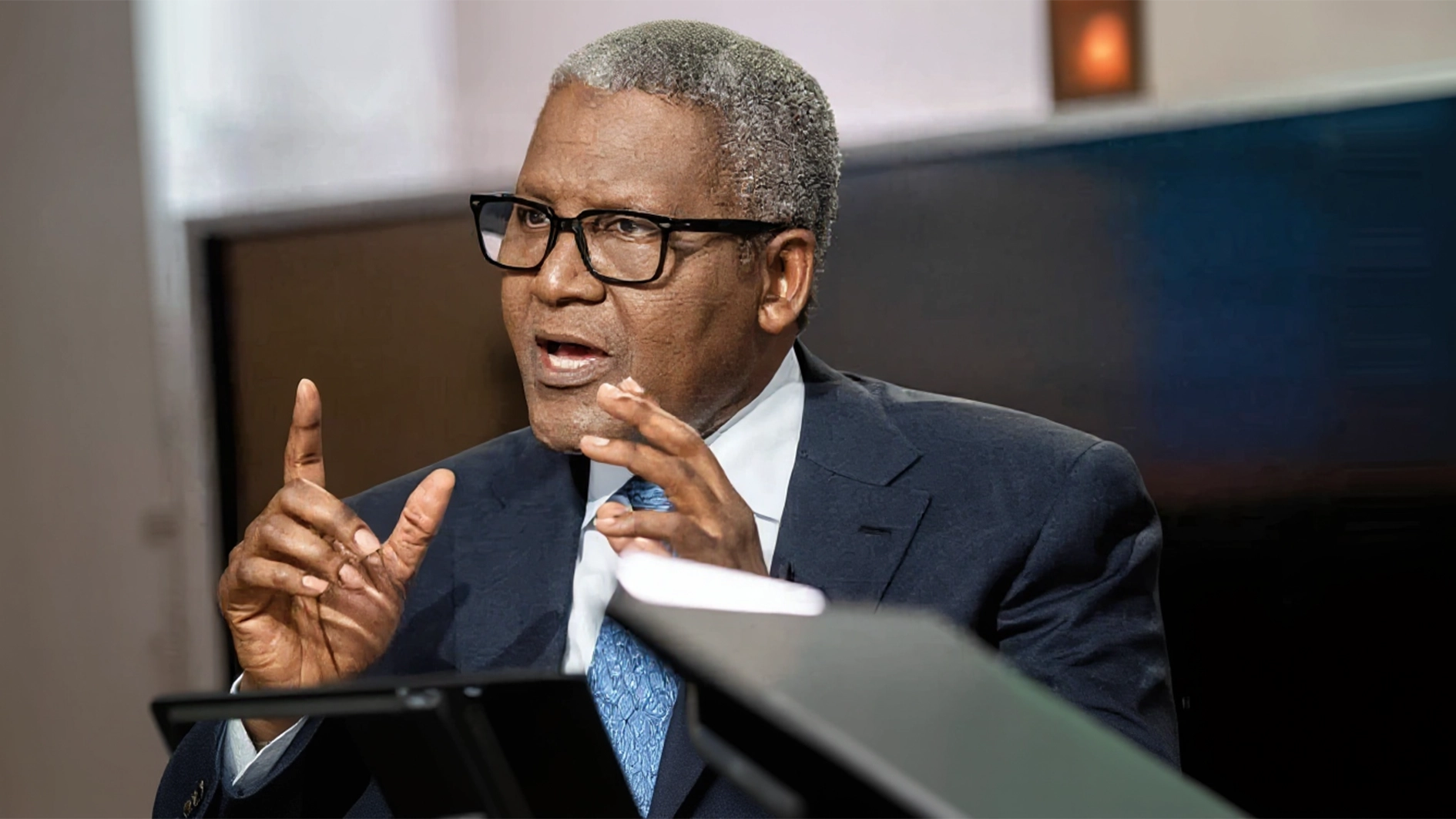For generations, classrooms in Nigeria looked largely the same: wooden desks, a blackboard at the front, and a teacher working with whatever materials were available, often little more than chalk and a well-worn textbook. In many parts of the country, this remains the norm. But behind this familiar image is a long, evolving story of how education in Nigeria has gradually embraced technology.
In the 1950s, educational radio began to supplement these efforts, reaching students in rural areas. By 1959, Nigeria had launched Africa’s first television station, which included school broadcasts to expand access to learning. Over the years, other technologies followed: projectors, audio cassettes, and eventually, computers in some primary and secondary schools. Yet, many teachers continued to rely on manual lesson planning and photocopied worksheets, often under immense time pressure and with little formal support.
Now, a new shift is underway. Around the world, artificial intelligence is beginning to reshape how education is delivered, and in Nigeria, education technology startups like Schoola are making that future feel more immediate. Based in Kaduna, Schoola is an edtech platform equipping Nigerian teachers with AI-powered tools tailored to local curricula and classroom realities. Its flagship tools, Curri AI and Curri SRC, help K–12 educators plan more effectively and teach more creatively using artificial intelligence. They allow teachers to generate lesson plans, class notes, and assessments tailored to specific topics, age groups, and learning goals. With just a few clicks, teachers can create rich, structured content that might otherwise take hours to prepare. And because the tools are aligned with the local curriculum and context in mind, they’re not just smart, they’re relevant.
As education evolves to meet the needs of today’s learners, AI is proving to be more than just a trend; it is an essential classroom tool. In Nigeria, Schoola shows how thoughtful, locally relevant innovation can empower the people at the heart of learning: teachers.
How Does Schoola Help?
While Schoola’s tools are built on AI, their real power comes to life in the hands of teachers. From out-of-school learners in rural areas to early childhood virtual classes, we spoke with four educators using Curri AI and Curri SRC to transform their work in very different settings. Their stories show how technology can meet teachers where they are, supporting them in planning, engaging, and teaching more effectively across Nigeria’s diverse educational environment.
“CurriAI is able to open up a teacher’s reasoning,” says Gloria Okpanachi, a professional early childhood educator and lesson tutor who works virtually with young learners.
Gloria is no stranger to the grind of teaching. A former school head and English teacher, she spent years juggling administrative duties with lesson planning, often staying late to vet other teachers’ materials while preparing her own. When she discovered Curri AI in a WhatsApp group in 2023, she signed up out of curiosity. What she found felt revolutionary.
“It was like magic, something that takes hours, Curri does in seconds”, she says. Not only could she generate full lesson plans with tailored objectives, she could also create rich class notes and varied assessments in minutes. Her excitement soon spilt over: she participated in a Schoola hackathon, built a small teacher community around the platform, and now hosts regular training sessions to show others what’s possible.
“Teaching is already hard,” she says. “But CurriAI helps teachers think more clearly, plan more deeply, and save the energy they need to teach.”
Kucheli Sajou is a teacher who works with out-of-school children at the Non-Formal Learning Centre (NFLC) in Old Maiduguri, part of a program run by the International Rescue Committee. Many of her students had never set foot in a classroom before, while others were returning after years away from school. Keeping their attention was difficult, and lesson planning was exhausting because she had to handwrite notes for every class, several days a week.
“Writing everything by hand, every day, for every subject was too much,” she recalls. However, the work got lighter when the IRC introduced her to Curri AI. She could now generate lesson plans and assessments in a few minutes and focus more on the classroom experience.
Then came the real breakthrough: the use of tablets. “They come early just to get the tablet,” she says. “It helped them concentrate… they wouldn’t want to leave the class.” Kucheli noticed more than just engagement. Her students began to think faster, collaborate more, and develop a better understanding of digital tools. “Their minds opened,” she says. “Even I learned things I didn’t expect, just from the AI-generated notes.”
Simon Abugha is a dedicated teacher at Glorious Crown Montessori School in Kubwa, Abuja. There, he teaches a wide range of subjects, including math, science, computer studies, and logic tech.
Even in this structured urban setting, he faced a common challenge: “Putting everything together: the notes, the plans, the assessments, it was just stressful,” he says.
When the principal introduced him to Curri AI, he was curious but cautious. What he found was a tool that simply made his life easier. Since adopting the platform, his prep time has shrunk and his students are more engaged. “It’s time-saving… honestly, it’s like a relief.”
He recalls one lesson in particular where the AI-generated content surprised even him. “It gave me a different perspective from what I was planning to teach. I learned something new, and so did my students.”
Though he describes himself as a reserved user of the product, Simon appreciates its ease of navigation and the speed with which his learners respond to the lessons.
Beyond the classroom, Schoola’s impact is also evident at the institutional level. In Kaduna, Alashiri Yusuf is the administrator of Darul Huda Foundation Elementary and Tahfeez Schools, overseeing both conventional and Islamic education tracks. For Yusuf, the appeal of AI-powered tools wasn’t just about improving instruction; they also offered practical, logistical solutions.
“It depends on how you want to use it,” he says. His school has fully integrated Schoola’s SRC into daily operations, leveraging it for student assessments, grading, and progress tracking. The transition has significantly reduced printing costs and accelerated the delivery of reports to parents.
More importantly, it has given students early exposure to digital learning and computer-based testing. “We saw the difference when our pupils took external CBT exams. They were ready.”
Although his school doesn’t rely heavily on Curri AI for lesson planning due to its hybrid Nigerian-British curriculum, Yusuf still believes in AI’s promise. His caution lies in overuse. “Some students just copy from it without thinking. But the answer isn’t to ban the tools—it’s to teach them how to use them wisely.” At his school, that education has already begun.
What’s Next for AI in the Classroom?
The tangible benefits of Schoola’s AI tools are evident across different teaching contexts. Teachers have reclaimed their time, giving them more energy to teach and connect with their pupils; the pupils themselves are more engaged, with the attractive tech keeping their focus on learning and improving their digital literacy.
Also, communities like Gloria’s WhatsApp group chat are growing around the common purpose of navigating new technology and growing professionally. This is in addition to improved content quality and parent satisfaction. It’s no wonder teachers like Kucheli are adamant that this is the future of education delivery in Nigeria.
“Teachers should embrace the reality, because we are moving away from anything manual now. If they don’t want to be left behind, it’s better to embrace the change that’s already here,” she says.
Looking at the world today, you’d be hard pressed to disagree. AI is not a passing fad but an integral part of our future. But as these stories reveal, AI alone doesn’t transform education — people do. The curiosity and resilience of teachers like Gloria, Simon, and Kucheli, as well as the strategic vision of administrators like Yusuf, truly bring these tools to life.
“AI should be like a support system. AI is meant to bring out our creativity, not necessarily to replace us. After all, AI needs us to be truly effective,” Gloria emphasises. This is the ethos that drives Schoola’s mission. AI isn’t here to replace teachers, because it can’t.
“There’s no substitute for the care, empathy, and understanding teachers have for their students. Curri AI is here to support teachers by easing administrative burdens and improving lesson planning, allowing them to focus on what they do best, which is building meaningful connections with their students,” says Abdullahi Bature, founder and CEO of Schoola.
As we look to the future of education in Nigeria, Schoola stands as an example of how thoughtfully designed technology can make a difference. By building platforms aligned with Nigerian education curriculum requirements while incorporating international standards, Schoola enables teachers to become more effective, engaging, and efficient regardless of their setting or resources.
Instead of attempting to replace them, CurriAI and Curri SRC meet educators where they are, helping them shape the future, one lesson at a time.






